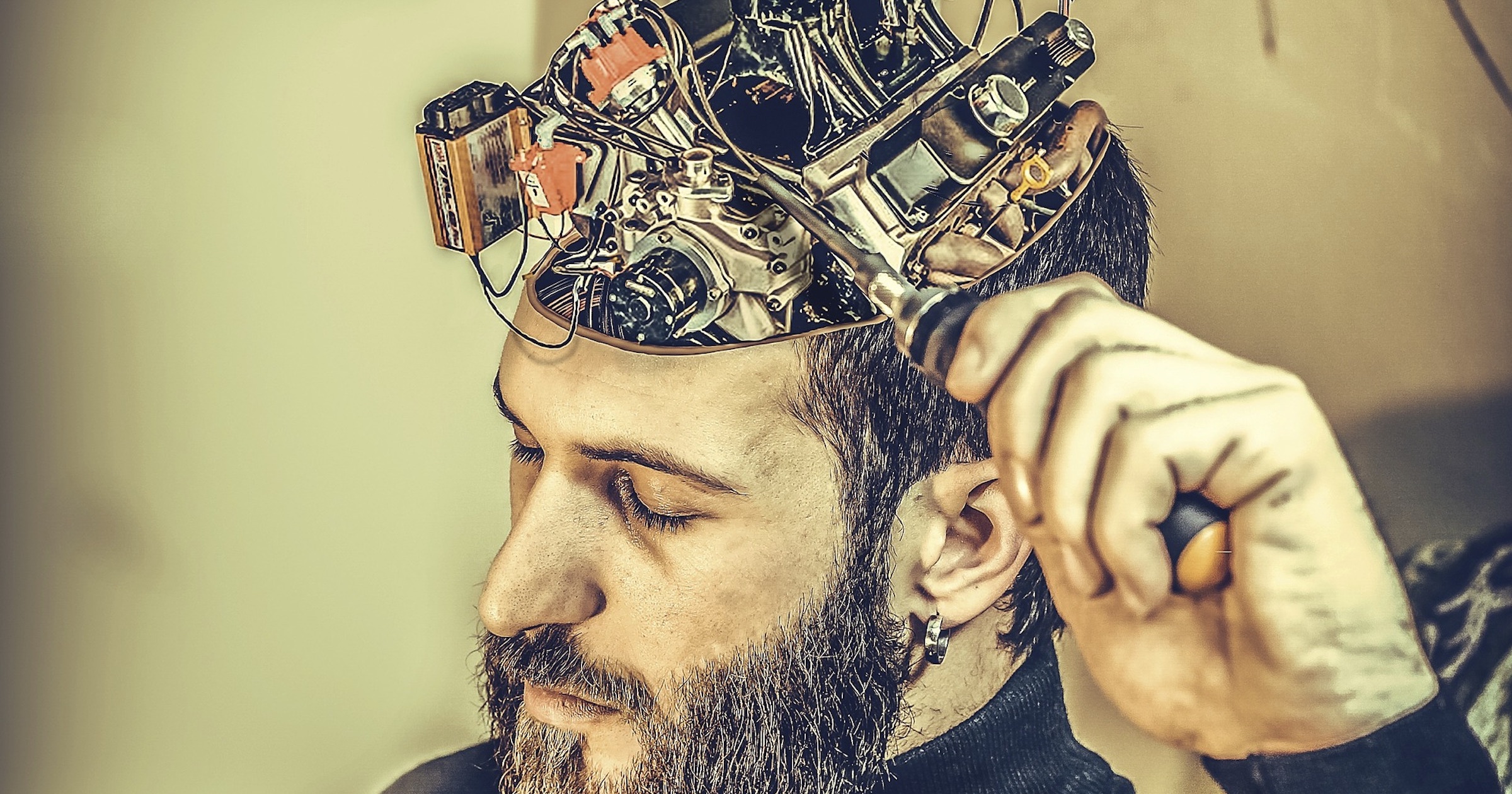 Human Origins
Human Origins
 Neuroscience & Mind
Neuroscience & Mind
Evolution of Human Consciousness Solved! — Yet Again

At Psychology Today, we read a bold and simple claim about the evolution of consciousness: “A type of information processing called unlimited associative learning (UAL) may be necessary and sufficient for very basic sentience.”
The article by University of Toronto psychiatrist Ralph Lewis begins on a very self-assured note:
Nothing in biology makes sense except in the light of evolution. The gradualism of evolution has explained and dissolved life’s mysteries — life’s seemingly irreducible complexity and the illusion that living things possess some sort of mysterious vitalizing essence. So, too, evolution is likely to be key to demystifying the seemingly inexplicable, ethereal nature of consciousness.
RALPH LEWIS, “LEARNING MAY BE THE KEY TO THE EVOLUTION OF CONSCIOUSNESS” AT PSYCHOLOGY TODAY (NOVEMBER 3, 2022)
First, what does it even mean to say that “Nothing in biology makes sense except in the light of evolution”? If the chosen topic is human consciousness, Martin Luther King and Mother Teresa come quickly to mind. But then what does the term “evolution” contribute to the discussion of the origin of human consciousness? Is it something useful or something theorists are stuck with, come what may?
Science theories should make predictions. Who predicted either King or Mother Teresa?
Whence Smarter Apes?
A theory of evolution could, of course, predict the emergence of smarter apes, just as it might predict the emergence of faster carnivores. But, as everyone knows, that is not what we are talking about.
Consciousness is “ethereal” because that is its very nature. “Constitutional government” is ethereal too. Human consciousness means dealing in abstractions. We can’t “demystify” it and still make any sense.
At any rate, Dr. Lewis has written in defense of a theory proposed by neuroscientist Simona Ginsburg and evolutionary biologist Eva Jablonka, “unlimited associative learning” (UAL):
UAL “refers to an animal’s ability to ascribe motivational value to a compound stimulus or action pattern and to use it as the basis for future learning.” UAL is a cumulative type of learning involving novel stimuli and actions, building on prior learning. It allows “open-ended behavioral adjustments” and can lead to complex goal-directed behavior. It requires the capacity for representing, remembering, and evaluating goals, their predictive cues, and the ways of reaching them… The most primitive forms of learning and memory do not even require a nervous system and are entirely mechanistic at their molecular level. UAL requires a brain with particular types of networks).
RALPH LEWIS, “PSYCHOLOGY TODAY (NOVEMBER 3, 2022)
Fair enough. Their concept of “minimal consciousness” — as applied to animals — helps us understand why the cat chases the mouse and why the mouse tries to get away.
Read the rest at Mind Matters News, published by Discovery Institute’s Bradley Center for Natural and Artificial Intelligence.
